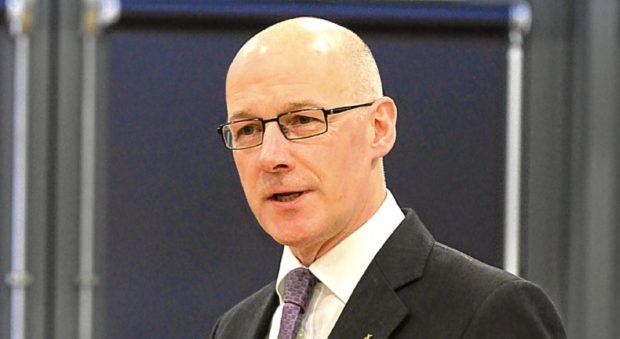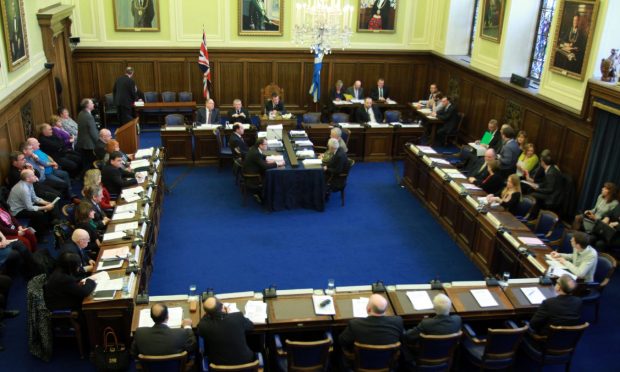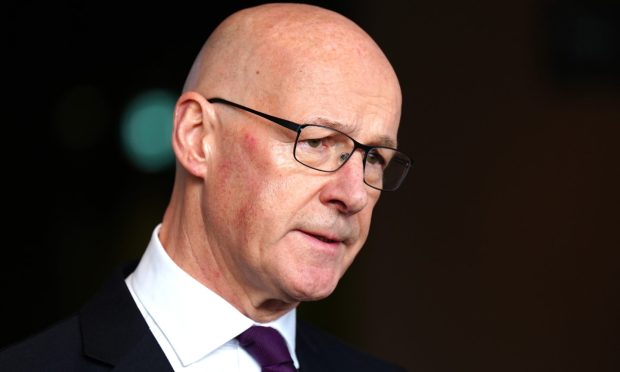Councils have warned John Swinney his education reforms threaten the campaign against child poverty.
The Education Secretary wants to see a power shift from local authorities to headteachers as part of the Scottish Government’s reforms to education governance.
COSLA, the umbrella body for councils, fears that reducing their role could reverse the advances made in helping Scotland’s poorest children.
The submission to MSPs says narrowing the attainment gap “cannot be achieved in the classroom alone”.
“We believe that the proposed approach (from the Scottish Government) puts at risk the multi-agency improvements that national and local government has made so far towards improving the situation for children and young people living in poverty,” it said.
It added: “The local authority brings together professionals and colleagues across multiple services to provide a joined up service for young people and their families and officers and elected members ensure accessible points for accountability.
“There is no evidence that teachers and headteachers are hindered by their local authority colleagues in addressing the attainment gap and improving the delivery of education.”
COSLA said the submission to Holyrood’s education committee was endorsed by the leaders of all 32 local authorities in Scotland.
But John Alexander, the leader of Dundee City Council, said: “I do not agree that the reforms being made by the Scottish Government are a threat to the work being done to tackle poverty.
“The Pupil Equity Fund and Attainment Challenge funds are making a huge difference in schools and this is recognised by teachers throughout Fife and Scotland. ”
Mr Swinney wants to give more powers to headteachers over spending, recruitment and the curriculum.
He shelved plans this summer to introduce a bill to deliver those governance reforms, saying a lot of the changes can be brought forward by working closely with councils.
The Deputy First Minister said in June he would bring forward legislation if “sufficient progress is not made” by councils towards the “empowerment of schools”.
Mr Swinney told MSPs then: “We have a great many high-quality professionals working in Scottish education, but they are not currently sufficiently empowered to work together and to use their skills, judgment and creativity in the way that they think best.
“It is critical that they can do so to ensure that the potential of curriculum for excellence is achieved.”








